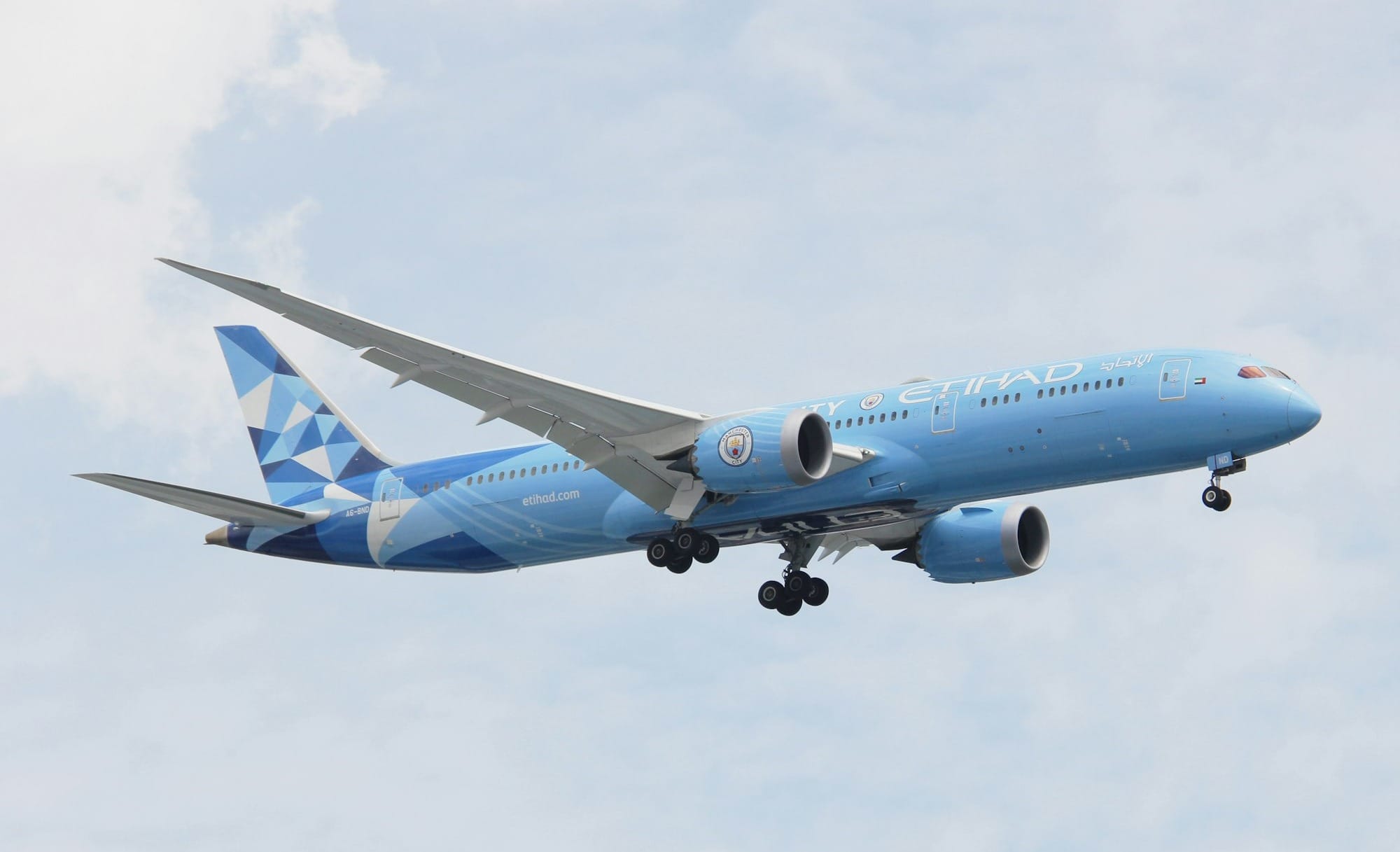Sustainable Aviation: ICAO's New Global Framework
The Third ICAO Conference on Aviation and Alternative Fuels (CAAF/3), recently held in Dubai, marked a significant milestone in the quest for sustainable aviation.

Advertising
Sustainable Aviation: ICAO's New Global Framework
Montréal, November 24, 2023 - The Third ICAO Conference on Aviation and Alternative Fuels (CAAF/3), recently held in Dubai, marked a significant milestone in the quest for sustainable aviation. The international aviation sector, under the auspices of the International Civil Aviation Organization (ICAO), has taken decisive steps towards its decarbonization goals.
Adopting a Vision for Change: The conference saw the adoption of the ICAO Global Framework for Sustainable Aviation Fuels (SAF), Lower Carbon Aviation Fuels (LCAF), and other Aviation Cleaner Energies. This ambitious framework sets a collective vision to reduce CO2 emissions in international aviation by 5% by 2030, a significant target given the zero cleaner energy use baseline.

Framework's Core Elements: The framework emphasizes several key elements:
- A collective vision for the clean energy transition.
- Harmonized regulatory foundations.
- Support for implementation initiatives.
- Improved access to financing to ensure inclusive participation.
Global Participation and Equity: A notable aspect of the framework is its recognition of each state's unique circumstances and capabilities. This approach ensures that countries contribute to the vision on their own terms, without rigid emissions reduction obligations, ensuring every country is included.

Advertising
Stakeholder Engagement: ICAO Council President Salvatore Sciacchitano highlighted the framework's role in scaling up the development and deployment of sustainable aviation fuels and cleaner energies globally. This includes offering clarity and predictability to stakeholders, extending beyond the aviation sector.
Investment and Financing: The framework emphasizes the need for substantial and sustained investment. ICAO Secretary General Juan Carlos Salazar noted the considerable investment and financing requirement for achieving net-zero carbon emissions by 2050. He stressed the importance of support and capacity-building for states with specific needs.
Towards Net-Zero by 2050: The framework is a set of guidelines and a roadmap to support the aviation sector's transition to clean energy. It sends a clear message to public and private investors and fuel producers about the opportunities to support and capitalize on the aviation sector's energy transition.
Conclusion: The Third ICAO Conference on Aviation and Alternative Fuels has laid a robust foundation for the future of sustainable aviation. With its global framework, ICAO has created a pathway towards a more sustainable, equitable, and environmentally responsible aviation sector.
Advertising



